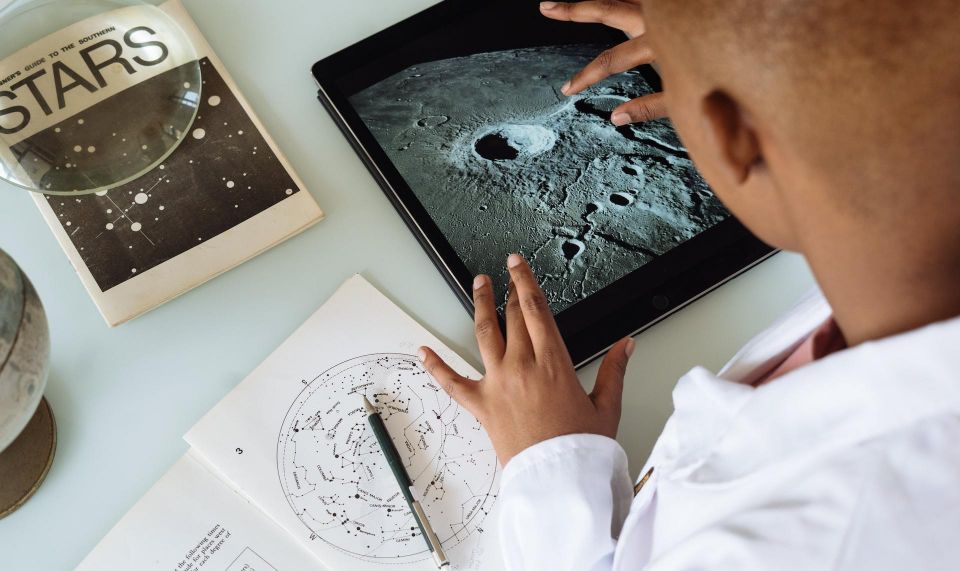
Our journey begins in a quiet room, filled with a soft light. Small whispers echo throughout, punctuated by the occasional giggle. In the centre, a woman kneels, surrounded by a handful of children. This is an Early Childhood Education classroom, the place where young minds are nurtured and shaped; the critical first step on a lifelong journey of learning.
Miss Elizabeth, the teacher, is buzzing with an energy that is infectious. Her joy-filled eyes sparkle with anticipation as she brings out a puppet – a red, fluffy, talking bird. The children squeal with excitement, their eager eyes wide and attentive. They’re about to engage in a learning experience that, though they don’t realize it yet, will equip them with critical skills they’ll use for the rest of their lives.
As Miss Elizabeth begins to move the bird and make it talk, she also introduces a dramatic scene. Today, the bird is lost in a jungle, and needs to find its home. She encourages the children to help the bird through the journey, making them think about what tools the bird might need, what obstacles it might face, and how it could navigate the dense foliage.
This is the beauty of early childhood education: learning through play. Miss Elizabeth’s puppet show is not just about entertaining the children – it is about teaching them problem-solving skills, empathy, creativity, communication and collaboration. As the children suggest different ways to help the bird, they are learning to consider multiple perspectives, to analyze situations and to articulate their thoughts. They’re also learning to work together, to share their ideas and to listen to each other.
In this early childhood classroom, every moment is a learning opportunity. When one of the children spills water from a cup, rather than scolding, Miss Elizabeth turns it into a science lesson. She prompts the children to observe what happens to the spilled water, stimulating their curiosity as they watch the puddle slowly evaporate. In this way, she teaches them about the natural phenomena, all while instilling in them a sense of wonder and inquiry.
Even the goodbye is turned into a lesson. As the day ends, Miss Elizabeth guides the children in a thank-you circle. Each child takes a turn to express gratitude for something that happened during the day, fostering not only their speech development but also their capacity for empathy and gratitude.
In the realm of Early Childhood Education, the world is a vibrant, interactive textbook. It’s a space where children learn by doing, seeing, feeling, and conversing. It’s a place of nurtured curiosity, exploration, and creativity. These early, formative years shape a child’s perspectives, skills, and values. They form a foundation for their future development, setting the stage for lifelong learning.
As the children leave the classroom, each carrying a piece of their learning journey with them, you can see that these seeds of knowledge have already begun to take root. And with each new day, they will continue to grow and flourish under the nurturing guidance of educators like Miss Elizabeth.
Through these seemingly small moments in early childhood education, we truly witness the profound beginnings of a lifelong learning journey.